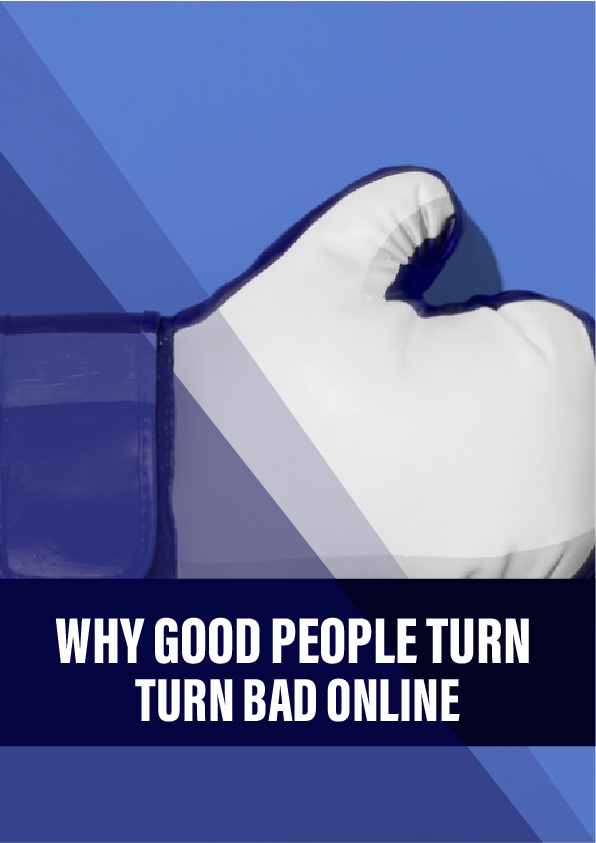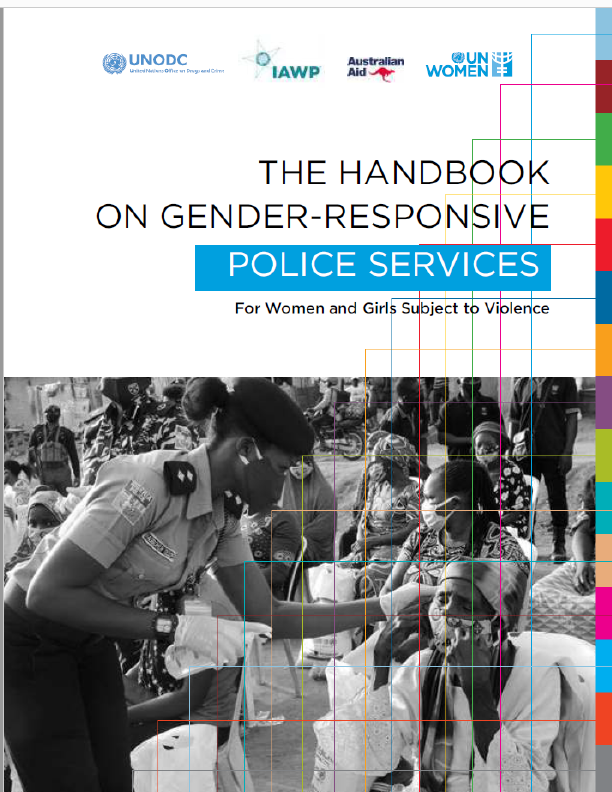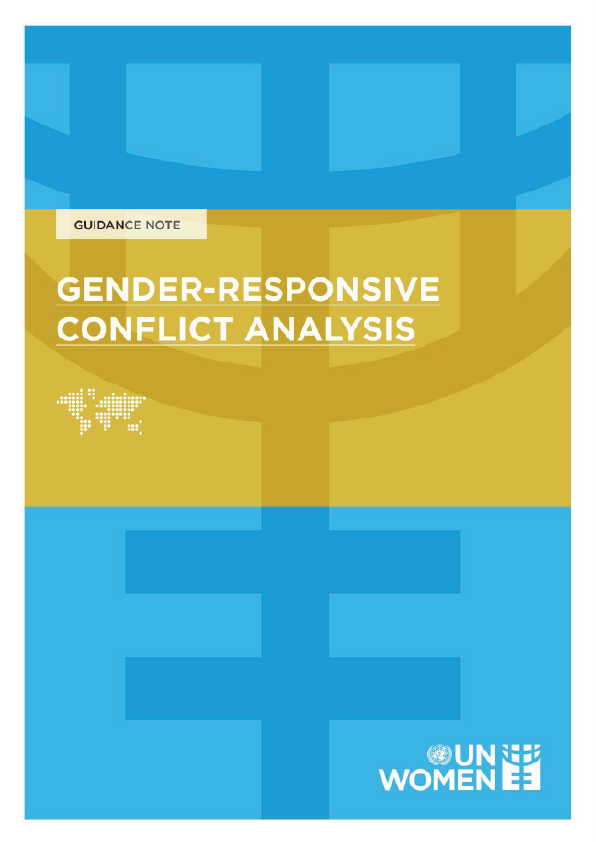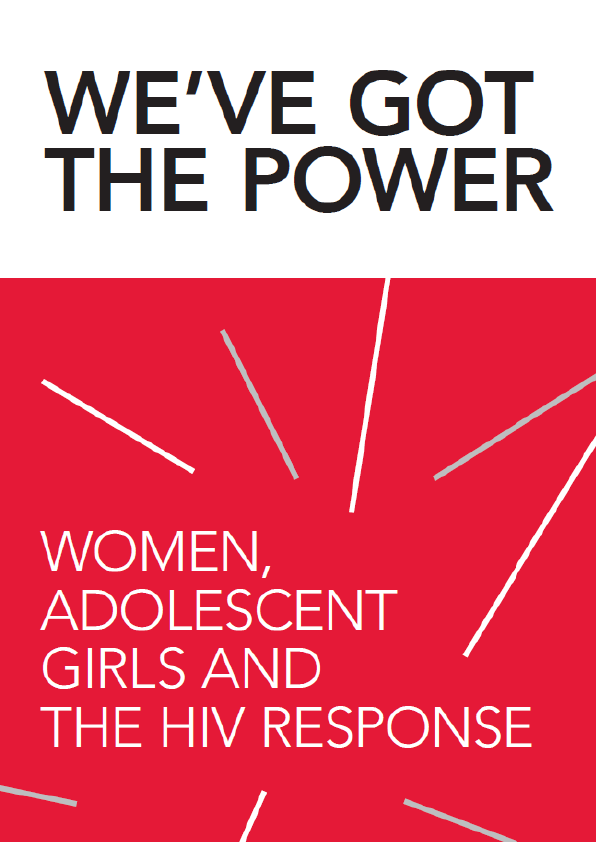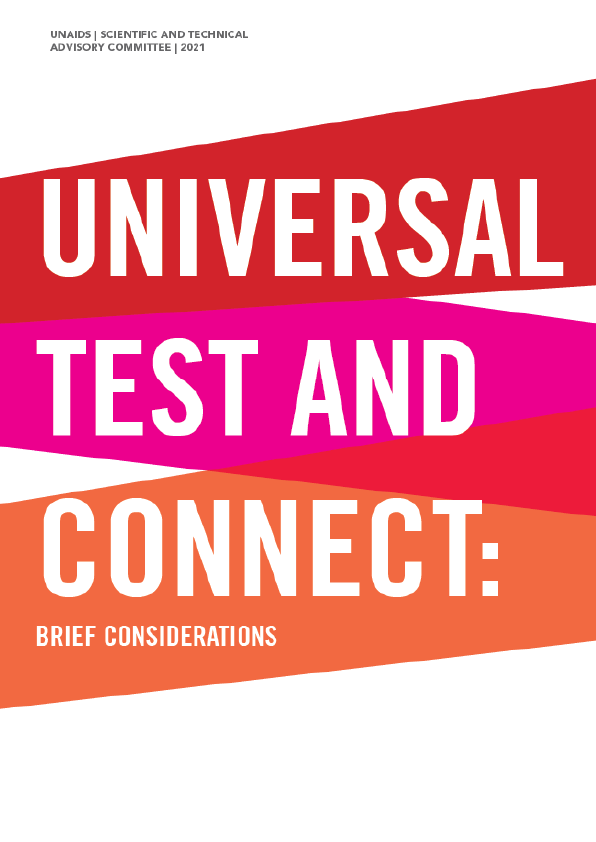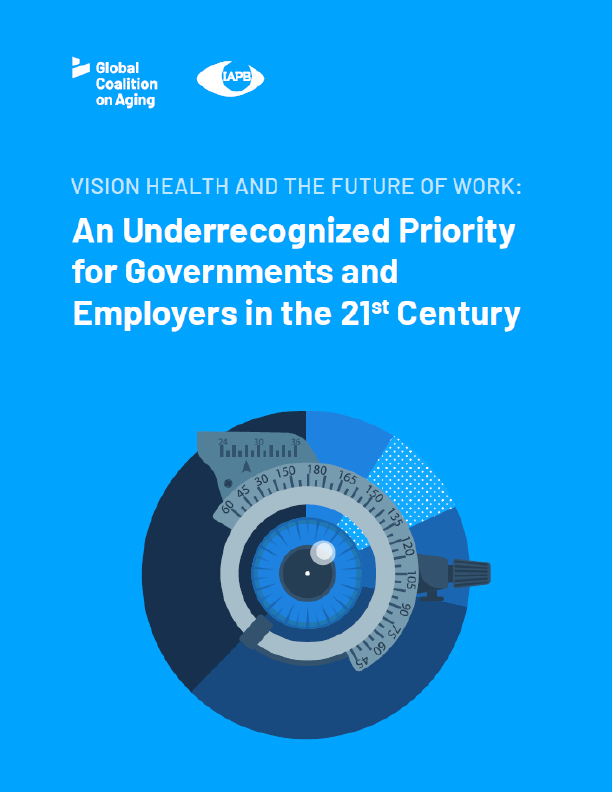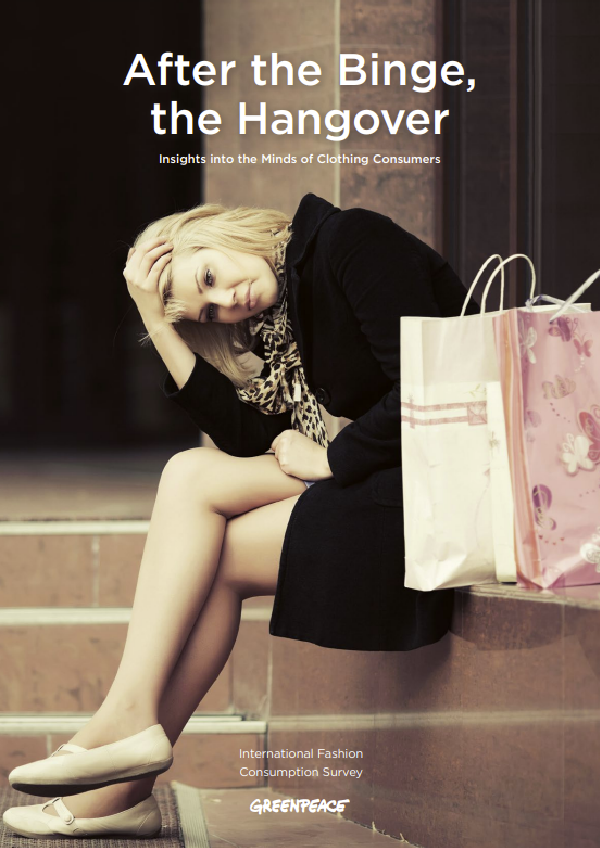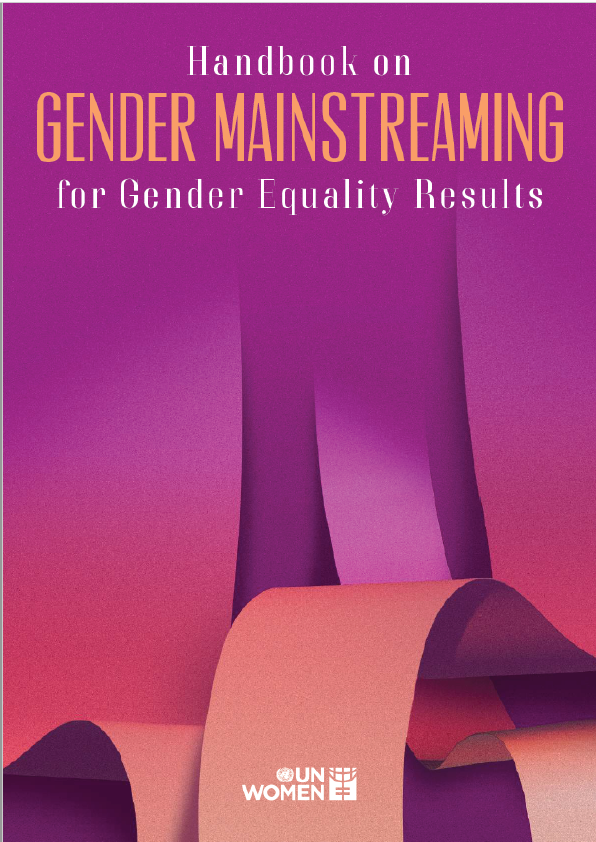Meet the scientists finding out how we can defeat our inner trolls and build more cooperative digital societies.
On the evening of 17 February 2018, Professor Mary Beard posted on Twitter a photograph of herself crying. The eminent University of Cambridge classicist, who has almost 200,000 Twitter followers, was distraught after receiving a storm of abuse online. This was the reaction to a comment she had made about Haiti. She also tweeted: “I speak from the heart (and of cource I may be wrong). But the crap I get in response just isnt on; really it isnt.”
In the days that followed, Beard received support from several high-profile people. Greg Jenner, a fellow celebrity historian, tweeted about his own experience of a Twitterstorm: “I’ll always remember how traumatic it was to suddenly be hated by strangers. Regardless of morality – I may have been wrong or right in my opinion – I was amazed (later, when I recovered) at how psychologically destabilising it was to me.”
Those tweeting support for Beard – irrespective of whether they agreed with her initial tweet that had triggered the abusive responses – were themselves then targeted. And when one of Beard’s critics, fellow Cambridge academic Priyamvada Gopal, a woman of Asian heritage, set out her response to Beard’s original tweet in an online article, she received her own torrent of abuse.
There is overwhelming evidence that women and members of ethnic minority groups are disproportionately the target of Twitter abuse. Where these identity markers intersect, the bullying can become particularly intense, as experienced by black female MP Diane Abbott, who alone received nearly half of all the abusive tweets sent to female MPs during the run-up to the 2017 UK general election. Black and Asian female MPs received on average 35 per cent more abusive tweets than their white female colleagues even when Abbott was excluded from the total.
Reference:
- The New Statesman tracked abusive tweets sent to women MPs in the run-up to the 2017 UK general election.
- A 2017 Pew Research Center survey showed that 41 per cent of Americans have experienced online harassment.
- Researchers at University College London investigated what hunter-gatherers can tell us about social networks.
- Research published in PNAS showed that emotion influences how content spreads online.
- In 2016, Ars Technica reported a study showing how Twitter bots can reduce racist slurs.
- Community Security Trust, a charity that protects British Jews from anti-Semitism, published a report about anti-Semitic content on Twitter in 2018.
